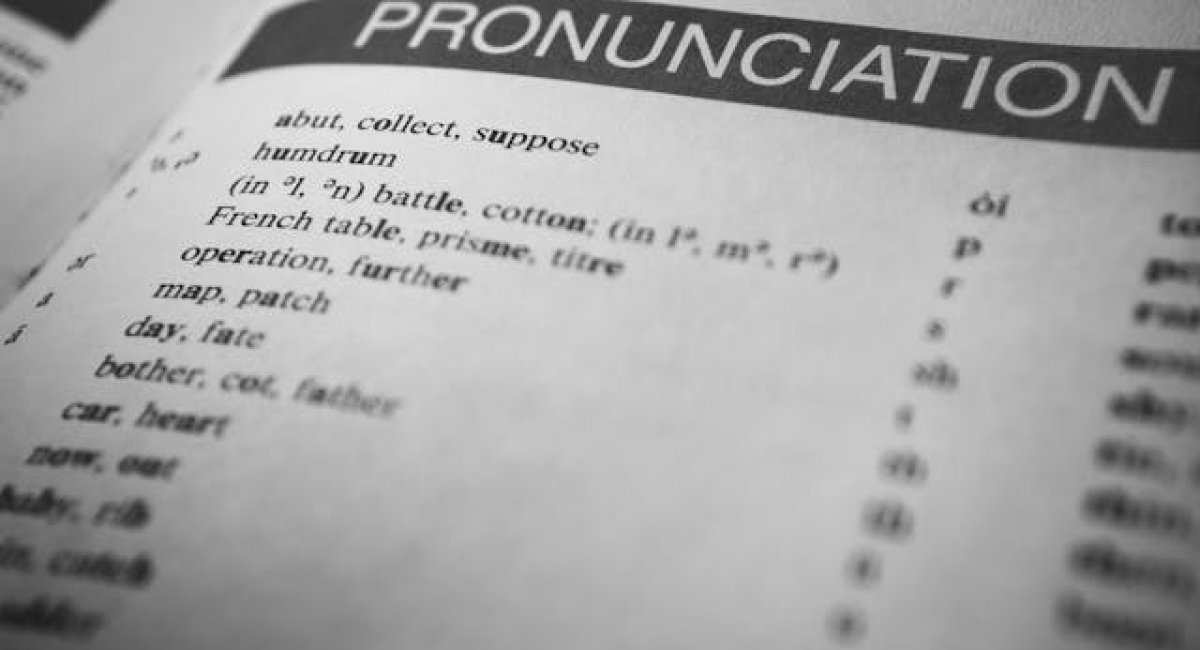
多くの人は、自身のアクセントが改善しないと間違って信じています。それが可能であるというだけでなく、なぜ可能かをここでは書きます。話す英語については、聞くことが、思った以上に重要です。
良い発音の為に二つの本質的ポイントがあります。それは、耳の訓練、口の訓練です。まず必要なことは、単語を的確に聞くこと、そして、その音をご自身の口を使って的確に再現することです。驚くかもしれませんが、前者が実際のところ最も大事で、今回のブログのポイントです。専門家いわく、正しい発音を聞き取る事が出来なければ、正しい発音を再現をすることが出来ない、ということです。正しく聞く事も出来なければ、どうしてその音を適切に発声できるか、その通りだと思います。
この理論をサポートする研究です。
In one particular study, Japanese students took a listening test. They were asked to listen to a recording to see if they could tell the difference between "rock" and "lock". One of the words was played, and the student had to choose which one they heard. This was a difficult task since R and L are two different sounds in English, but sound similar to only one sound in Japanese.
Just listening again and again to a sound does not help you improve listening skills.
The results of how the students performed were given after the test. The test yielded only about 50% accuracy, which is not better than guessing. The researchers tested the students using the same technique on these two words for some time, but the students didn't improve. From this, it is clear that just drilling the correct sounds doesn't work, against the common belief. Students could repeat this test until the cows come home, but if they don't learn how to really hear the difference between the two, they won't get anywhere.
The researchers decided to take another route.
They conducted a similar study, but with one difference: the introduction of feedback. This changed everything. The students were now told if they were correctly distinguishing between "rock" and "lock" during the listening test and not after.
Feedback during the exercise raised accuracy from 50% to 80%.
Since the students were told during the exam whether they were correct or not, they began developing "an ear" for the subtle differences between "rock" and "lock". The students' results went up to around 80% accuracy as they were learning how to listen properly and were soon able to distinguish between the two. In turn, since the students now knew how the word was supposed to sound, it was much easier for them to say the word correctly themselves.
This is exactly what accent coaches do when training actors for foreign language roles and this is how the pronunciation course is taught here. You need feedback to improve your pronunciation.
Here is an example from my last class about the correct pronunciation of the word "passionate":
You are saying "passion-eight" and I need "passion-it." Hear the difference? Listen to me: "passion-eight" and "passion-it."
So start listening to get speaking!
Vocabulary
—
drill [v]: practice by repeating an activity
until the cows come home [idiom]: for a very, very long time
yield [v]: produce, provide






